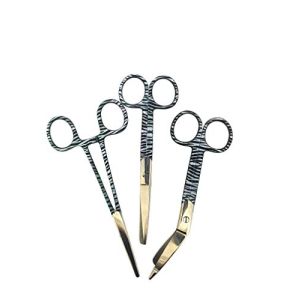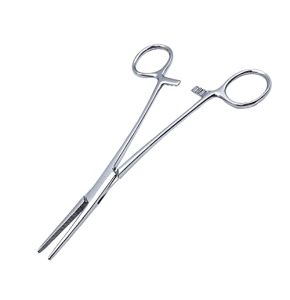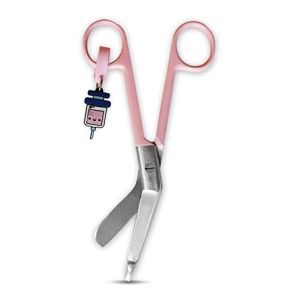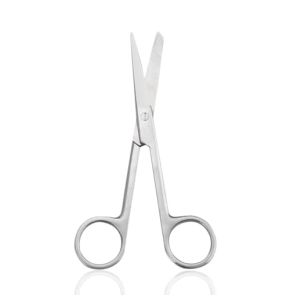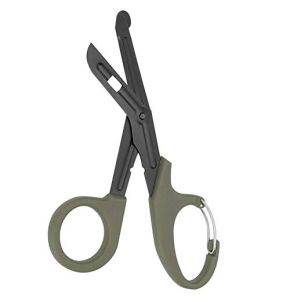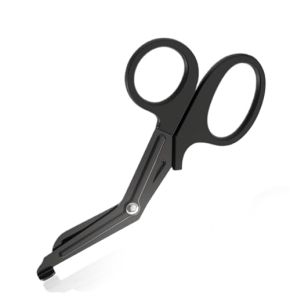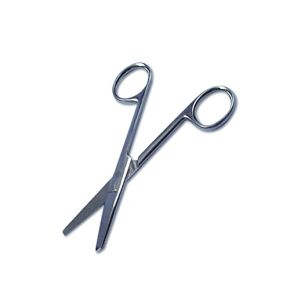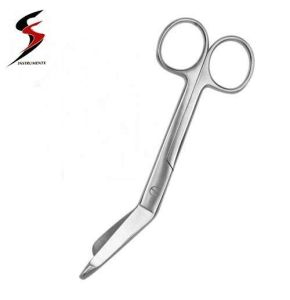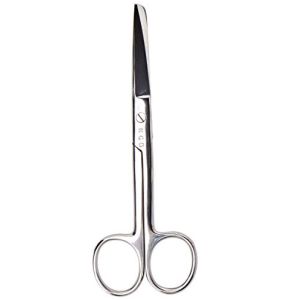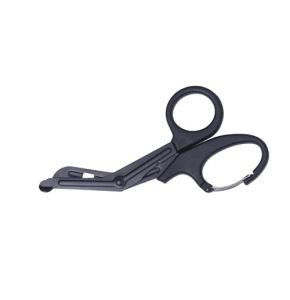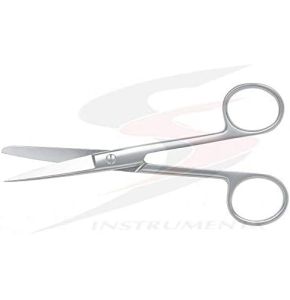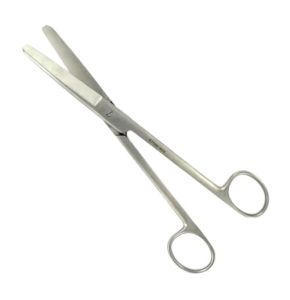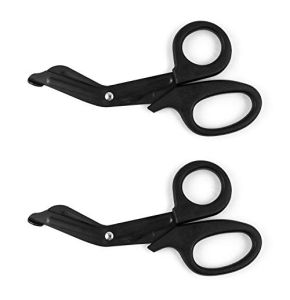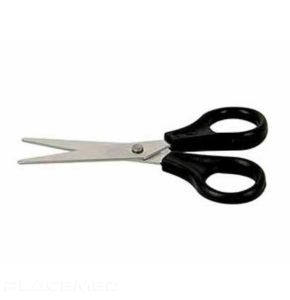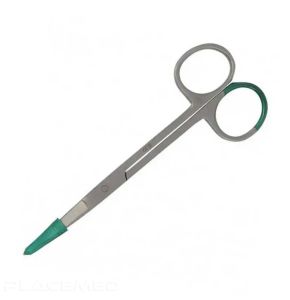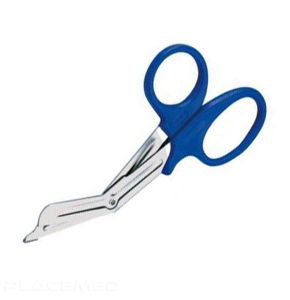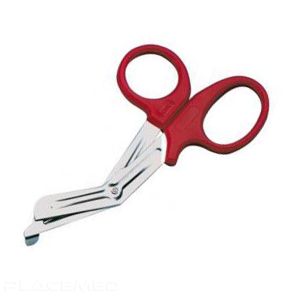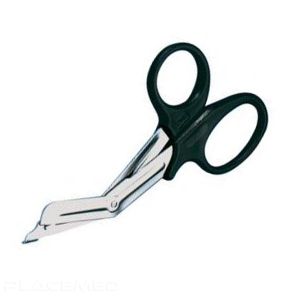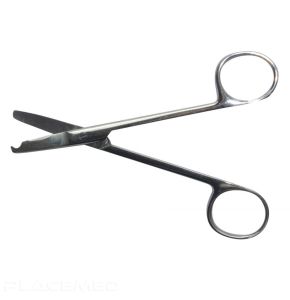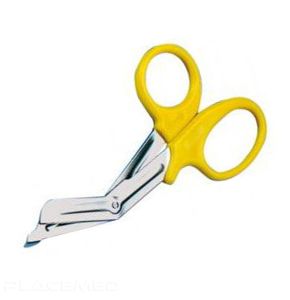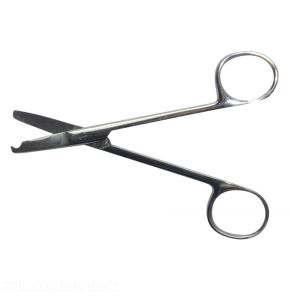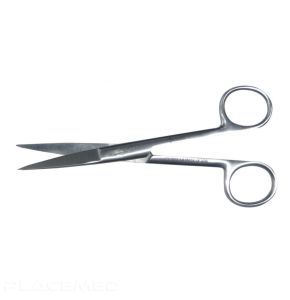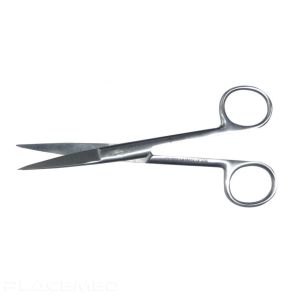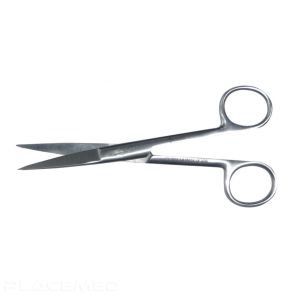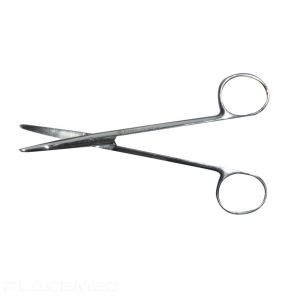Medical scissors
18/11/2024 207
18/11/2024 353
18/11/2024 290
18/11/2024 284
18/11/2024 235
18/11/2024 331
18/11/2024 290
18/11/2024 305
18/11/2024 268
18/11/2024 393
18/11/2024 277
18/11/2024 233
18/11/2024 274
18/11/2024 269
18/11/2024 300
18/11/2024 287
18/11/2024 265
Medical Scissors: An Essential Tool for Healthcare!
Medical scissors are indispensable instruments for healthcare professionals. They play a crucial role in surgical interventions and care, ensuring precision and efficiency.
Introduction to Medical Scissors
Medical scissors are devices designed to cut tissues, sutures, and other materials necessary during procedures. Since their creation, they have evolved to meet the specific needs of modern medicine, offering a variety of shapes and sizes tailored to each application.
Historically, scissors were simple tools with straight blades. Over time, they have become sophisticated surgical instruments with pointed or rounded tips to minimize patient injury and improve cutting precision.
Types of Medical Scissors
There are several categories of medical scissors, classified by their use, shape, and size. Among the most common are medical suture scissors , specially designed to cut sutures without damaging surrounding tissues. Medical dressing scissors are used for precisely cutting bandages and dressings.
Other types include stitch scissors, such as Spencer scissors, used to remove sutures. Jesco, Dauphin, and Lister scissors are specialized models suited for specific surgical interventions and are integral to medical instrumentation.
Medical scissors are generally made from stainless steel, a durable and easy-to-sterilize material. Some models use titanium for increased lightness and corrosion resistance. Choosing the right material is essential to ensure the longevity of the scissors and patient safety.
General Uses of Medical Scissors
Medical scissors are used in various clinical settings, from nursing care to complex surgical procedures. They allow precise cutting of sutures, tissues, and bandages. Good medical instrumentation is indispensable for quality care.
Choosing the right tool can significantly impact clinical outcomes. Using unsuitable scissors may prolong the procedure or even injure the patient. It is therefore crucial to select the appropriate type of scissors for the application, whether it is medical suture cutting or other specific needs.
Maintenance and Safety of Medical Scissors
To maintain hygiene and safety, medical scissors should be sterile for single use or properly sterilized after each use. Sterilization procedures, often carried out using an autoclave, eliminate microorganisms and prevent infections.
Regular maintenance, such as sharpening and adjustment, prolongs the lifespan of the scissors. Well-maintained medical equipment ensures optimal performance and reduces risks during surgical interventions. Healthcare professionals should follow the manufacturer's recommendations for maintenance.
Innovations and Trends in Medical Scissors
Emerging technologies have led to the development of new ergonomic designs and innovative materials. Manufacturers invest in research to improve the quality of medical scissors, introducing antimicrobial coatings and designs that reduce practitioner fatigue.
Specialized models, such as Jesco, Dauphin, and Lister scissors, offer specific advantages for certain procedures. These innovations in surgical instruments enhance medical practice by providing greater precision and improving patient care.
 Francais
Francais 
